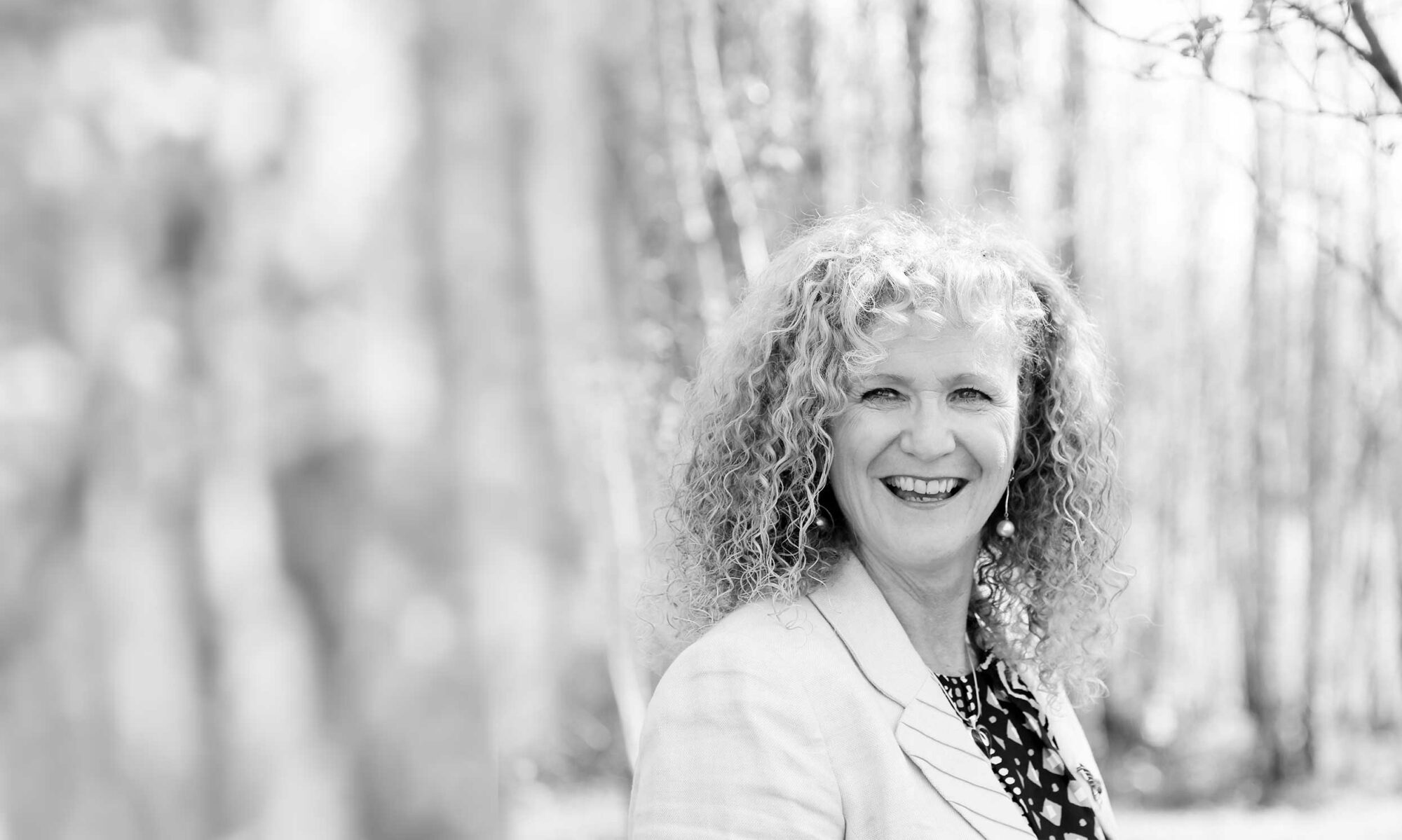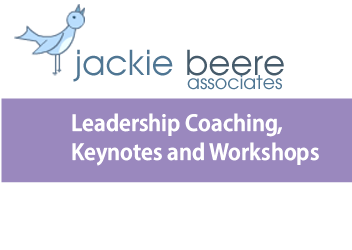Can coaching can help us be mentally fit in the same way a personal trainer keeps us physically fit?
You’ve become a school leader and know you can do a great job. You have the vision and energy to create the outstanding school that the children deserve. But, somehow, the relentless daily demands and constant unexpected challenges get in the way of you being the leader you want to be. You lie awake at night, listing the problems and possible disasters that could unfold the next day. Everyone seems to want a piece of you and decisions must be made every minute. Long-term planning and future visions take a back seat. Members of your team seem to be either stressed and insecure or over-confident, lacking in empathy and causing discord. But you haven’t the time to solve their problems. You need the time, but it’s spent in dull, meetings dealing with bureaucracy, seeing unhappy parents, defusing petty arguments, exhausting your empathy and energy reserves. The list of jobs you promised yourself to do remain undone. Why did I ever want this job? What happened to the dream? My family are suffering. I can’t do it anymore…
School leadership is the best job in the world – but to do it well and enjoy it you need your mental and physical fitness to be at the highest possible levels. For physical fitness and strength, you need regular exercise. For mental fitness you need to learn how to recognise and clear your mind of unhelpful thinking and exercise your mental muscles to build up your optimism and resilience, making them your default setting. This important job demands both of these, especially in times of uncertainty and national crisis.
To get to where you are today you will have had a determined mindset that made things happen and set high standards and challenging targets for yourself. You got things done and enjoyed taking control. So, when you’re not achieving, you get stressed and become hard on others and, particularly, on yourself. But this is when the controller inside you can sabotage your effectiveness. As a saboteur it makes you lose trust in others to get things done, so you spend time micromanaging your team, leaving no time to stand back and think strategically. Your ‘controller’ saboteur can make you hide your own vulnerability which sometimes makes you appear uncaring. It can make you judge your own performance very harshly, leading to a sense of imposter syndrome with all the insecurity and stress that involves. With all of this going on how have you got time to deliver your vision and balance your family life?
The ‘controller’ is not the only saboteur we can have in our unconscious. I suffer from the ‘restless’ saboteur. This gives me lots of energy and a love of starting new projects but also a tendency to become swiftly bored with them. The ‘restless’ saboteur makes me less good on detail and more keen on multitasking, getting in the way of seeing a project through. Other saboteurs include the ‘pleaser’, always wanting to make everyone happy – sometimes at the expense of our own wellbeing or the Avoider, who does anything to avoid confronting problems.. These and many other saboteurs have been carefully researched by Shirzard Chamin and described in his book ‘Positive Intelligence’. Find out more about them and see which saboteurs you recognise by taking the test at https://www.positiveintelligence.com/assessments/
The master saboteur is the Judge – judging yourself, others and your circumstances and making you irritated, angry or terrified.. The judge and his saboteur accomplices can prevent you achieving the success and happiness you deserve . Plenty of people can be successful, driven by their saboteurs, but for real peace of mind and highest performance, we need to train ourselves in the habits of mental fitness. Working with a coach helps us understand how we sabotage ourselves and how to intercept these thoughts – as a habit.
Coaching develops mental fitness
Mental fitness is your capacity to respond to life’s challenges with a positive rather than a negative mindset. It requires you to learn to recognise and resist the saboteurs which you unconsciously allow to hijack your thought processes, instead of responding with a calm, considered, productive response to all your challenges. Developing these mental muscles allows you to be at your strongest when everyone else is in meltdown. Your coach is like your personal trainer in mental fitness.
We instinctively focus more on threats because this has been our species’ evolutionary survival strategy. But constantly seeing threats in the daily challenges of leadership and life, rather than opportunities causes long term stress. Mental fitness helps us learn to identify saboteur hijacks and avoid wasting energy and time by responding differently to them – habitually. I have found these strategies to be transformational for myself and for other leaders I work with. A coach helps us to navigate the journey to explore and implement these strategies.
Coaching for staff and students
Training staff in how to coach others improves their teaching and their wellbeing. Post-Covid we need the habits of mental fitness more than ever. Even more importantly, our students need to know how to manage their thinking so they can return to full time ambitious learning as soon as possible. Peer coaching and self-coaching has the potential to develop the self-regulation our children need to be independent learners in the new normal, which will, no doubt, continue to involve blended learning, online lessons and self-study.
If you’re interested and would like to know more about coaching for mental fitness and the difference it could make for you, your school or others you know, please get in touch for a no-obligation chat and a free coaching session.
I would love to help.
jackieabeere@gmail.com
Here is one example of a course we deliver:
Peer Coaching for Teachers
- The power of coaching
- Models that structure coaching conversations
- Practical exercises in coaching
- How to measure the impact of coaching
- Coaching students to develop self-regulation and mental fitness
- Micro-coaching to develop a classroom ‘culture of allies’
- Teaching students to coach each other to improve independent learning and progress in learning.

